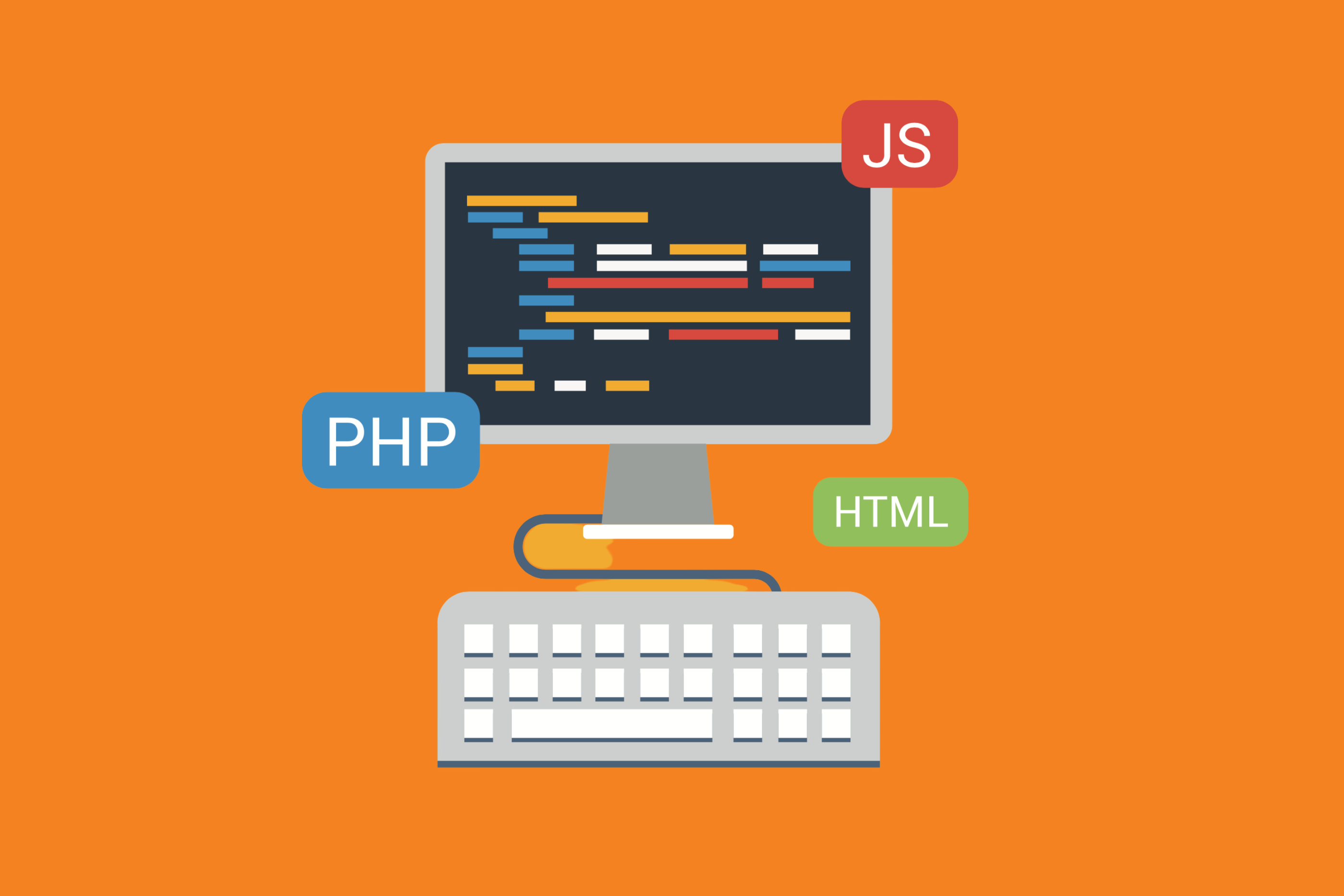GitHub is an amazing platform. It’s not only open source, it has a strong and passionate community that continues to make it better. There are, in fact, many developers have created apps, chatbots, and various integration tools that help teams work more effectively.
Here are four of our favorites.
ZenHub
Zenhub touts itself as the only project management tool that integrates natively with GitHub’s UI. This saves users from a lengthy onboarding process or configuration issues. It also means there are no separate logins needed.
With ZenHub, developers are able to stay in the GitHub environment while project managers get total visibility of the development process.
With ZenHub, you can:
Visualize and track dependencies via Multi-Repo Task Boards. YOu’ll be able to drag and drop issues between pipelines, filter by labels, assign issues, view issues linked with pull requests, and more.
Plan Sprints and epics. Use GitHub Milestones to create sprints and add story points to track the progress. Group multiple GitHub issues together into epics for better planning, tracking, and collaboration on product backlogs.
Create actionable reports. Release Reports, Velocity Tracking, and Burndowns are available to offer up actionable predictions and improvement insights. You’ll be able to determine team efficiency, improve processes, and track trends to help measure success.
ZenHub isn’t just popular with small development shops. The likes of NASA, Docker, VMware, Adobe, and other power players also use the platform.
Jenkins
Jenkins is an open-source automation tool (written in Java) used to build and test software projects continuously. This makes it easy for developers to integrate changes to projects and for users to obtain a fresh build.
Using Jenkins, companies can accelerate their development process. The solution integrates development life-cycle processes (including build, document, test, package, stage, deploy, etc.). It’s able to do this with the help of plugins which allows for the integration of various DevOps stages, and it easily merges with Git.
The advantages of using Jenkins are many and include:
- An easy installation
- The fact that it, like GitHub, is open-source and has a strong community surrounding it
- 1000+ plugins for all manner of projects and stages
- The ability to code and share your own plugins with the community
- It’s free to use
Jenkins is typically used for building projects, running tests for bug detection, static code analysis, and deployments.
Codenvy
Codenvy is a cloud environment for coding, building and debugging apps. It’s basically an Integrated Development Environment in the cloud and accessible from all major browsers. The platform targets Java software developers and helps them run and debug applications while also allowing for sharing and collaboration and to publish to a repository (such as Git).
The initial setup is fast and easy. Once you’re on board, you can:
- Create new projects from scratch
- Import projects from GitHub
- Clone a Git repository
- Browse documentation
- Invite team members to projects
- Gather feedback, ask questions, and get help
- The service offers 3GB of RAM and you can add additional users for a small fee.
Bitband’s Git + Jira App
Bitband’s Jira Git Integration is designed to show a developer’s Git commits within Jira for more efficient project management and tracking. It is designed to allow a project manager to quickly and easily see what work is done in and by whom on any Jira issue.
The app searches your Git repository and indexes commit comments to Jira issues. This app supports connections to GitHub, GitLab, and Bitbucket repositories.
With Bitband, you can:
- Instantly connect to Github, Gitlab, and Bitbucket to automatically sync your repos, branches and commits
- Add any Jira issue ID to a commit. Those commit details will instantly be visible inside of Jira, including source code diffs
- At the project level and for each issue you’ll see a summary of all commits, the number of lines added and deleted, files that have been updated, users that have submitted work, date/time work was committed, first commit, last commit, etc.
- Work with Jira Software, Jira Service Desk, and Jira Core
You can find Bitband on the Atlassian marketplace here.
Try our apps for GitHub, Git, GitLab, Bitbucket, Gitea, and Beanstalk – all of which allow for easy integration with Jira! Have questions about how you can use Git and Jira more effectively? We’re here to help. Drop us a line today.
Want more Bitband insights? Check out:






